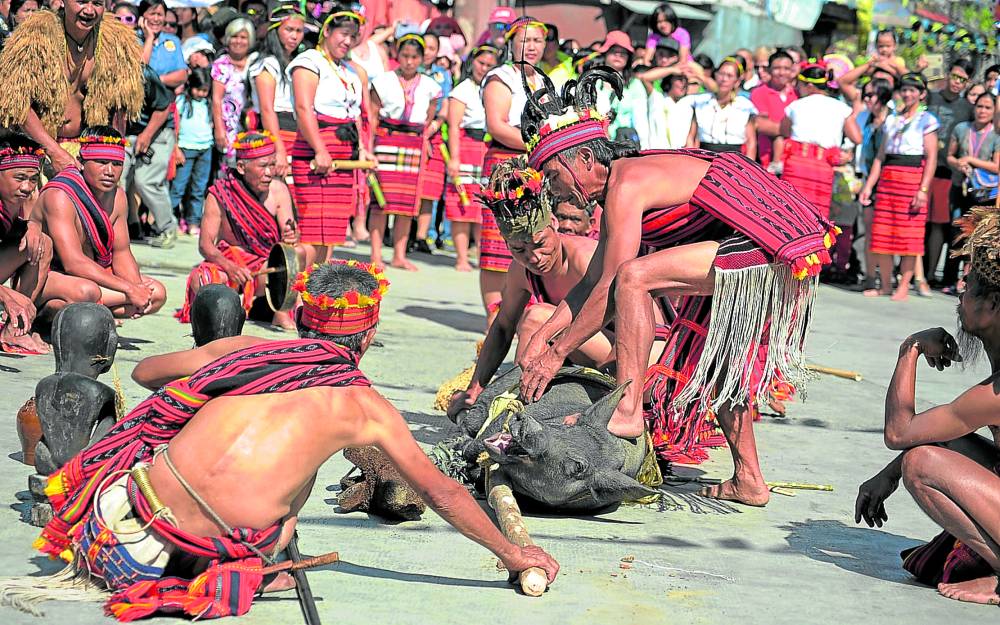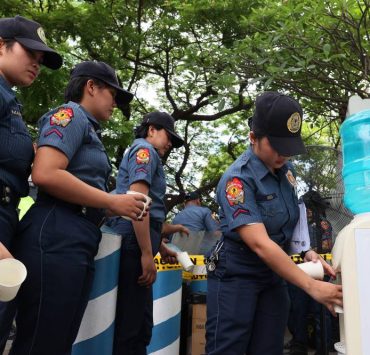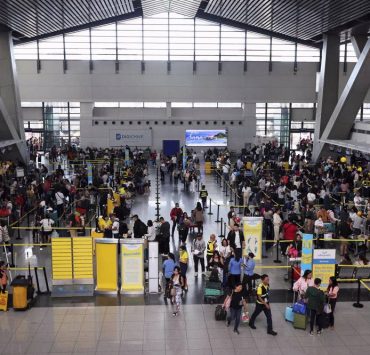Review of Cordillera autonomy funding sought

BAGUIO CITY—Finance Secretary Ralph Recto will revisit the government’s reluctance to back a proposed P75-billion subsidy to accelerate the economy of an autonomous Cordillera region, which is pending in Congress, Baguio Rep. Marquez Go said on Thursday.
House Bill No. 3627 is the latest measure that converts the Cordillera Administrative Region, formed in 1987 by then President Corazon Aquino, into an autonomous region as mandated by the Constitution.
But two previous Cordillera autonomy laws failed to get support in plebiscites held in 1990 and 1998.
The current measure has cleared the House committees on local governments and on ways and means, but has been languishing in the appropriations committee because of a joint position paper from the government’s fiscal managers that HB 3627’s financial package would only be feasible by 2029, said Go at an assembly organized by the Institute for Autonomy and Governance (IAG) and the Cordillera Alliance for Autonomy, Peace and Development Inc.
The opinion issued late last year by Recto’s predecessor and now Monetary Board member Benjamin Diokno, Socioeconomic Planning Secretary Arsenio Balisacan and Budget Secretary Amenah Pangandaman states that the government’s current fiscal position may not be able to absorb the Cordillera’s proposed 10-year block grant of P75 billion without disrupting other national programs and increasing the national deficit.
Sizeable reduction
A Cordillera subsidy of such magnitude would trigger a “sizeable reduction” of national resources at a time when the government is reeling from the lingering effects of the coronavirus pandemic, they pointed out.
Go, one of the sponsors of HB 3627, said he met with Recto last month about the proposed autonomous Cordillera’s financial requirements. Another meeting is being set to study how much funding is available for Cordillera autonomy, he told the assembly through a video call from Manila.Citing the position paper, Mayna Caymo, Department of Budget and Management (DBM )Cordillera chief budget and management specialist, said the bill’s block grant and an additional 2.5 percent annual share in national taxes would entitle the regional government to an estimated fiscal support “ranging from P78 billion in 2024 to P124.1 billion in 2028 [or] an average of 0.3 percent of the GDP (gross domestic product).”
Under this scenario, “the estimated resulting fiscal space for 2025 will amount to only about P84.2 billion,” she said, which affects growth.
Maxine Tanya Hamada, a former DBM assistant secretary during the administration of the late President Benigno Aquino III, said the position paper did not outrightly reject Cordillera autonomy. It provides the proposed autonomous government with a fiscal “road map” and addresses its current spending performance as an administrative region, she said.
The bill should highlight “what stands out about the Cordillera,” Hamada said.
“The Cordillera is one of four regions that is about to reap the demographic dividend where there are 100 working adults for every 204 dependents…and that’s a very good ratio of a working population and per capita output,” she said.
A demographic dividend is a period of economic productivity when the number of people who are able to work is higher than the number of children and the elderly who need to be cared for.
“We are one of four regions with the lowest poverty incidences,” Hamada said. INQ

















